From June 10 to 12, the 2nd Belt and Road Conference on Science and Technology (BRST) kicked off in Chengdu, Sichuan. Ding Xuexiang, Member of the Standing Committee of the Political Bureau of CPC Central Committee and Vice Premier of the State Council, delivered a keynote speech at the opening ceremony.
As a core part of the conference, the Roundtable on Connectivity Empowered by Transportation Science and Technology, co-hosted by Southwest Jiaotong University (SWJTU) and Shudao Investment Group Co., Ltd., was held on June 12 at the Tianfu International Conference Center.
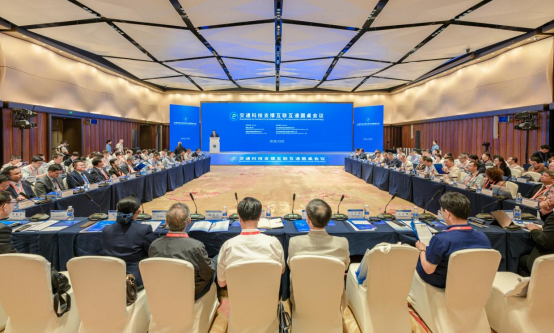
Academicians Lu Chunfang and Qian Qingquan of the Chinese Academy of Engineering (CAE) attended the roundtable, and President Yan Xuedong of the University chaired the opening ceremony.
Yang Dan, Vice Chairman of the Sichuan Provincial CPPCC (Chinese People’s Political Consultative Conference), extended a warm welcome to international guests, emphasizing that the roundtable’s focus on technical standard coordination, transnational talent cultivation, and market docking mechanisms would boost transportation connectivity under the Belt and Road Initiative (BRI) and inject new momentum into its high-quality development. He proposed three initiatives: building “new bridges” for technical standards, forging “strong bonds” for talent cultivation, and activating an “innovation ecosystem” as a driving force.
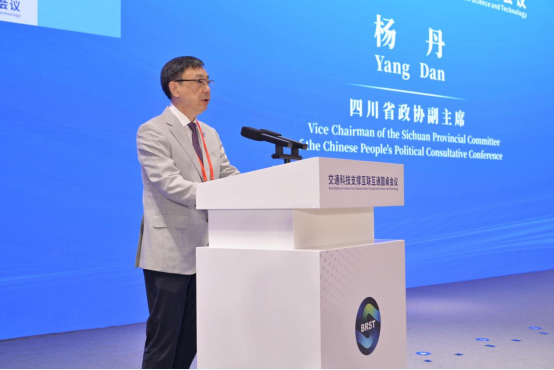
Zhen Jing, Level II Bureau Rank Official of Department of the Science, Technology and Law of the National Railway Administration, outlined three cooperation pathways: building a “path for technical standard integration”, expanding a “path for smart and green transformation”, and paving a “path for transnational talent development”, highlighting how transportation Sci-Tech innovation could support BRI development.
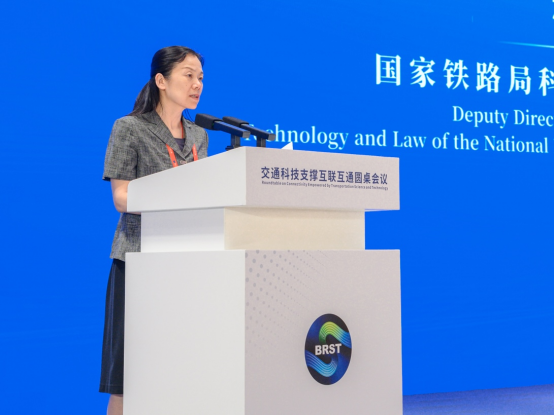
Zheng Huaiyu, Deputy Director of the Global Sustainable Transport Innovation and Knowledge Center, suggested to deliver high-quality services for BRI, advance sustainable transportation systems, and expand cooperation networks through people-to-people exchanges, for future cooperation in transportation Sci-Tech.
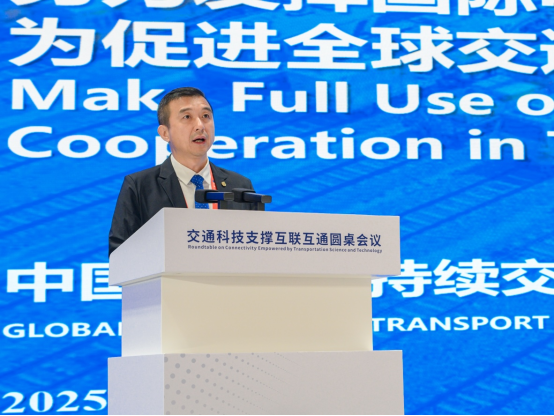
Chansouk Sengpachan, Deputy Minister of Industry and Trade (MIT) of Laos, noted that the launch of the China-ASEAN Railway Interconnectivity Standards Cooperation Alliance (CARISCA), would help establish a China-ASEAN railway interconnectivity standards system, facilitate cross-border railway standard alignment, and boost technical exchanges among ASEAN nations. It will also support the sharing of rail transit experiences in construction, operation, management, and standardization to upgrade regional rail systems, while promoting trade facilitation and economic prosperity across China and ASEAN.
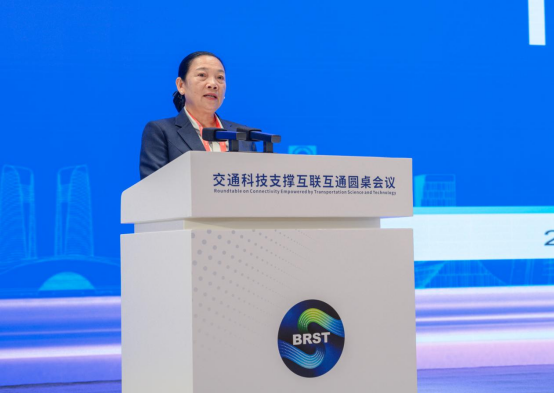
Chanchai Panthongviriyakul, President of Khon Kaen University (KKU, Thailand), delivered a keynote speech on KKU’s Exploration and Pioneering Efforts in (Collaborative) Engineering Talent Cultivation for Thailand’s Transportation (High-Speed Rail) Sector, highlighting the exemplary role of its joint program with Southwest Jiaotong University in talent cultivation to improve local infrastructure.
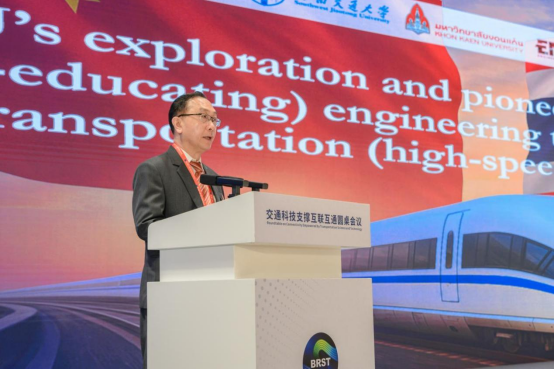
President Yan delivered a keynote speech entitled “Vision for the Development of Rail Transit Technology Community: Dual Support from Technological Innovation and Talent Cultivation”. He indicated that the University, in response to the development requirements of the new era, has systematically built a “One-Domain, Five-Longitudinal and Five-Horizontal” tower-network model of first-class disciplines, improved the efficiency of scientific and technological innovation, and accelerated the development of a world-class high-level research university with distinctive transportation characteristics. The university will focus on the demands of the entire rail transit industrial chain and systematically promote international cooperative research in key areas such as planning, design, environment, ecology, and technical standards.
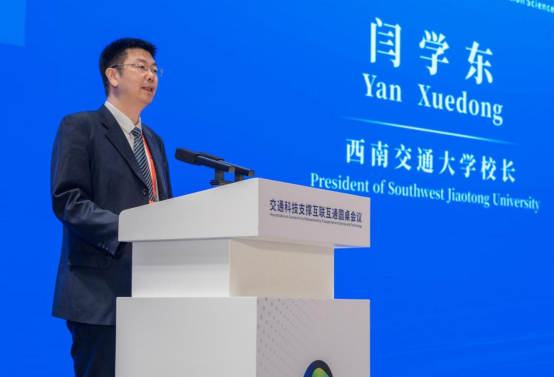
Representatives from governments, universities, and enterprises exchanged insights on “connectivity empowered by transportation science and technology” at the Roundtable.
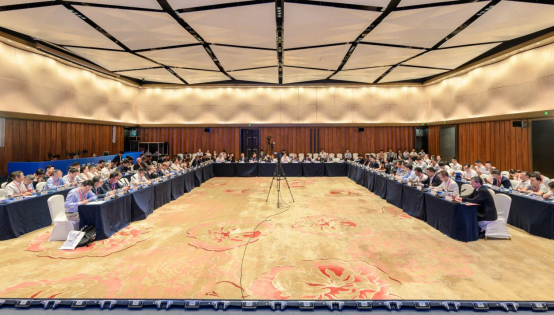
China-Asean Railway Interconnectivity Standards Cooperation Alliance (CARISCA), co-initiated by the University, the Department of Standardization and Metrology of Laos’ MIT, the Railway Department of Laos' Ministry of Public Works and Transport (MPWT), and the China-ASEAN Standardization Cooperation and Exchange Center, was officially launched on this occasion.
The University, together with KKU, Tashkent National Technical University (TNTU, Uzbekistan), and Budapest University of Technology and Economics (BUTE, Hungary), signed an agreement on the “Overseas Tianyou Institute” Program based on SWJTU’s Tianyou Railway Institute, establishing a new platform for China-foreign exchanges under the BRI.
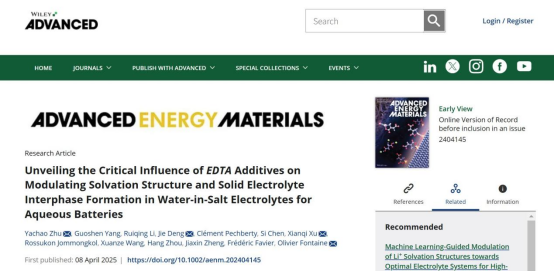 Research Achievements Published in Top-tier International Journal
Research Achievements Published in Top-tier International Journal
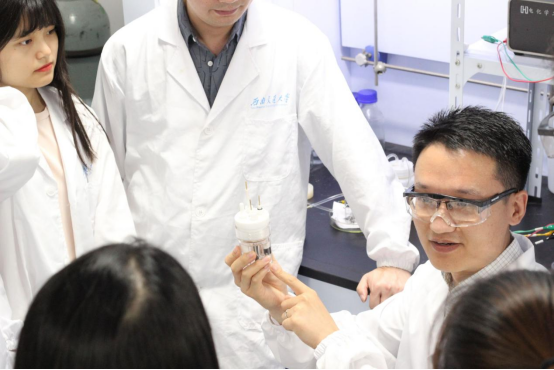 Publication in the Field of Energy Materials by Tianjin University and Southwest Jiaotong University
Publication in the Field of Energy Materials by Tianjin University and Southwest Jiaotong University
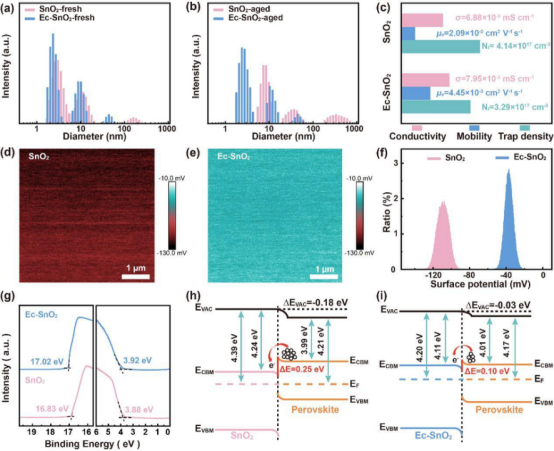 Publication in Advanced Energy Materials by PhD Candidate Cheng Wei
Publication in Advanced Energy Materials by PhD Candidate Cheng Wei
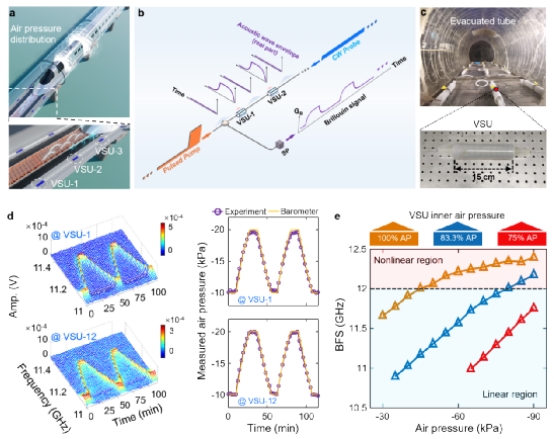 Publication in a Nature Sub-journal
Publication in a Nature Sub-journal
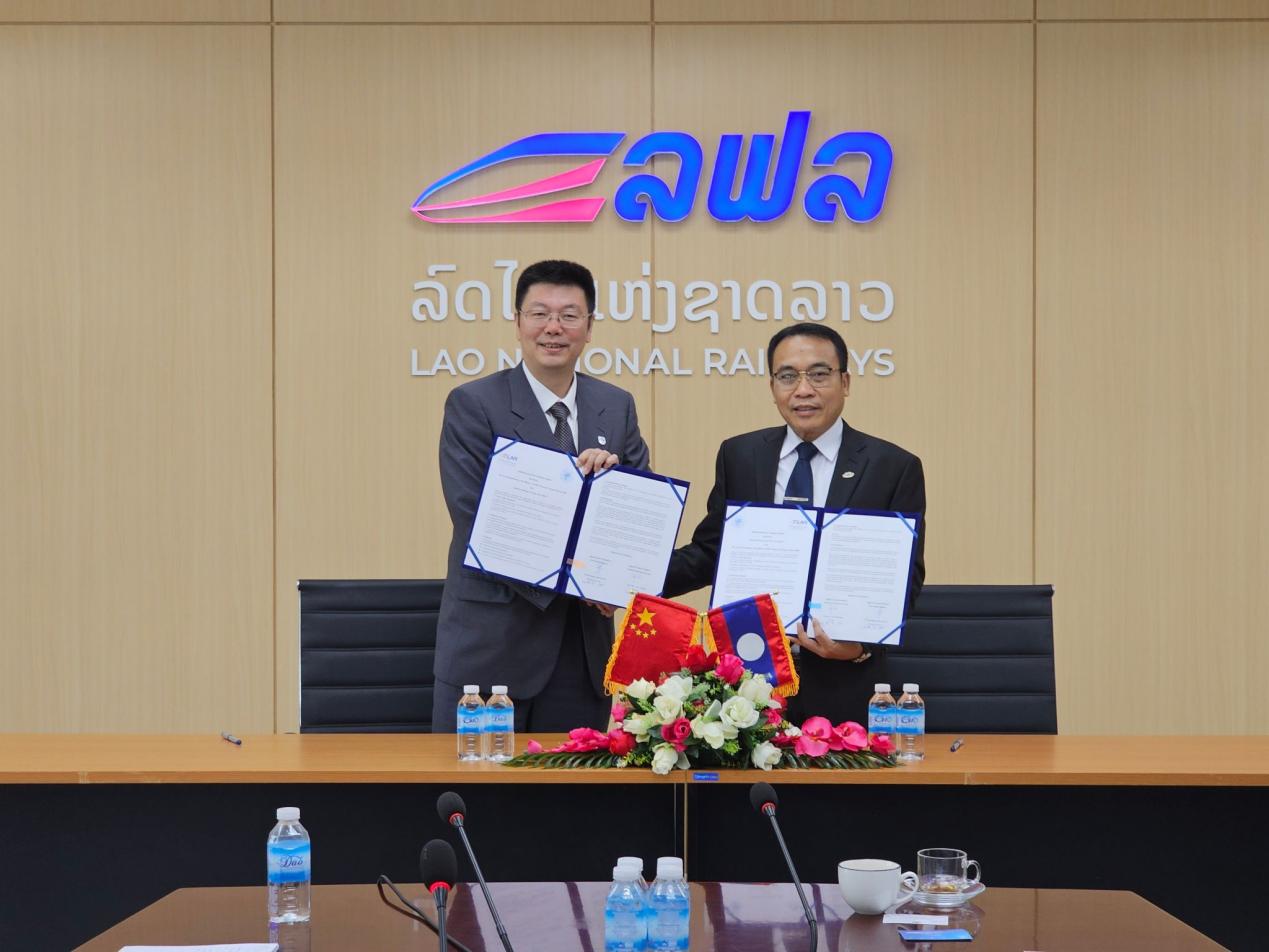 Yan Xuedong Visits Indonesia and Laos to Further Educational Cooperation under Belt and Road Initiative
Yan Xuedong Visits Indonesia and Laos to Further Educational Cooperation under Belt and Road Initiative